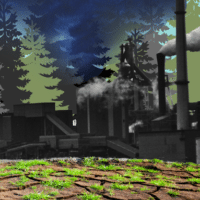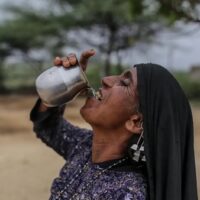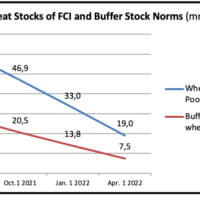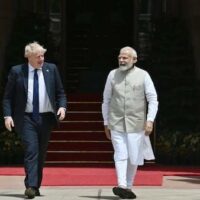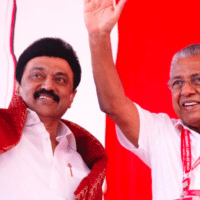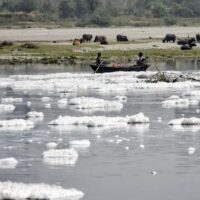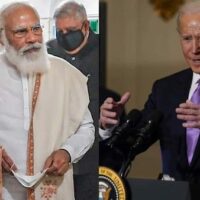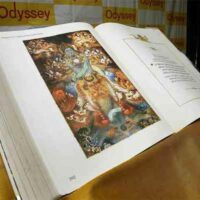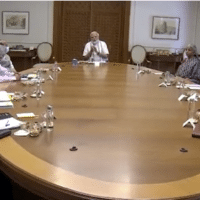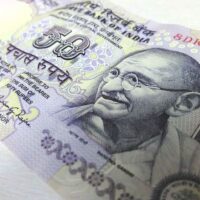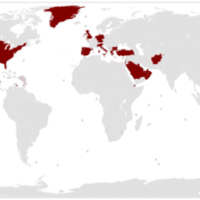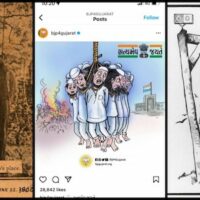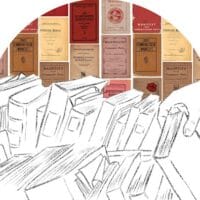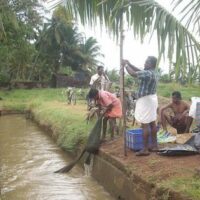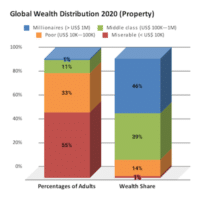-
Ecological rift and alienation: Field notes from Goa and Sikkim
For years, the loss of land and livelihood has been upheld as the sacrifice people would have to make in order to get jobs and money later on. It does not seem to matter that any sort of prosperity has failed to trickle down to the people till date, barring those few who get to fatten their pockets.
-
A difficult return – race, class, and politics in Rodney’s Guyana
In 1974 Walter Rodney and his family returned to Guyana. Rodney immediately faced a country divided between the Indian and African working class, and the brutal and divisive regime of Forbes Burnham. Rodney produced an impressive body of historical work which provided a Marxist explanation for the divide of the country’s working people. Chinedu Chukwudinma continues the story of Rodney’s revolutionary life.
-
India and Pakistan’s brutal heat wave poised to resurge
2022 will likely be one of the coolest years Earth will experience in the foreseeable future; much more intense heat waves are in India and Pakistan’s future.
-
Fall-out of the Ukraine conflict on India’s economy
The Problem Is Actually At Home
-
U.S. narrative won’t survive defeat in Donbass
An extraordinary thing about British diplomacy is that it continually looks for ways to stay ahead of the curve and provide added value to its customer across the Atlantic, the United States. That makes the remarks on Ukraine conflict by the UK Prime Minister Boris Johnson at his press conference in New Delhi on Friday highly significant.
-
U.S. suddenly pretends to care about rights abuses in India
While it is true that India’s right-wing government is guilty of human rights abuses and has been for years, it is also true that the US State Department does not actually care about human rights abuses.
-
‘After all, my name is Stalin’: in a Speech at CPI(M) Congress, a roadmap to counter BJP
The DMK’s chief’s speech at the CPI(M)’s congress has reflected the assonance between communist and Dravidian politics.
-
‘Indian Rivers are in ICUs, Drying up Fast’ — Waterman Rajendra Singh
“Twenty-one Indian cities are going to be waterless very soon,” Rajendra Singh tells me in an interview for NewsClick conducted last week in Delhi. Singh is alluding to a prediction in a Niti Aayog report on water. He says, “It means that the underground and surface water availability will become zero.” Another report says 72% of water reservoirs are in overdraft.
-
India, U.S. have different priorities
An extraordinary week has passed for the Modi government’s dalliance with the Quad. Call it a defining moment, a turning point or even an inflection point—it has elements of all three.
-
Dangers of teaching the Bhagavad Gita in educational curriculums
The Hindu right wing forces are planning for a while to make the Bhagavad Gita as a national scripture and access to absolute state power is allowing them to fulfil their long-time dream.
-
India should quit Quad now!
This is a moment of truth, therefore, as the U.S. unsheathes the sword to bleed and dismember Russia, and gives an ultimatum to China to stay out of it.
-
Sanctions within a regime of neo-liberalism
Before joining the neo-liberal order, India used to have “rupee payment arrangements” with the Soviet Union and Eastern European socialist countries under which the main international reserve currency, the U.S. dollar, was used neither for settling transactions nor even as the unit of account in terms of which the trade-related transactions were denominated.
-
Imperialism as an abiding phenomenon
The essence of the relationship of imperialism lies in the control over the world’s resources, including land-use, by the metropolitan powers.
-
For the BJP, the Muslim is not just the message, it is the only message
The reason the party’s cartoon has evoked horror is because we have seen this sort of singular obsession with a targeted religious minority before and know where it leads.
-
India, China in Europe’s crisis
The key elements conform to a principled stance—and a balanced one. India’s stance so far has been one of a ‘standoffish’ attitude that basically absolves Delhi of the need to take a position on which its key ally the United States and the time-tested Russian friend have locked horns.
-
What red book will you read this year on Red Books Day (21 February)?: The Seventh Newsletter (2022)
Out of his world of struggle and his world of books emerged Pansare’s commitment to culture and to intellectual liberation. Along with his comrades, he set up the Shramik Pratishthan (Workers’ Trust), which not only published books but also held seminars and lectures. One of the most popular programmes organised by the Trust was the annual literary festival in honour of the Marathi writer Annabhau Sathe.
-
U.S. reminds India it’s showtime
The Biden-Harris Administration is sensing that Modi Govt, a perceived ally, is not to be seen as its war machine revs up in anticipation of a horrific war. Typically, if a country is not with the U.S., then, it must be against it. But India falls in a category by itself.
-
Kerala scheme shows how to create work opportunities while caring for the environment
Environment and employment two fronts on which India has been besieged in recent years. Unemployment since 2011 has worsened in the aftermath of the COVID-19 lockdowns. About 100 million workers lost their jobs with women and the youth being more adversely impacted.
-
World Inequality Report: Class divide explains more than regional divisions
The report clearly shows how the class divide has become relatively more important than the regional divide in determining global inequality. This simply tells that in today’s world where one is born and brought up has relatively less impact than in which class the person belongs to in explaining relative earnings and wealth status.
-
Financial Markets under capitalism
One of the most important arguments advanced by John Maynard Keynes, the renowned economist, was that the operation of financial markets under capitalism is deeply flawed.

